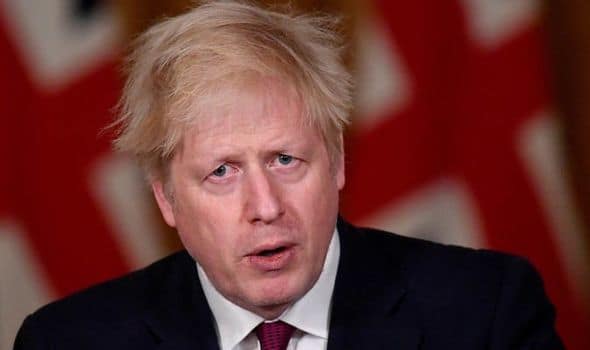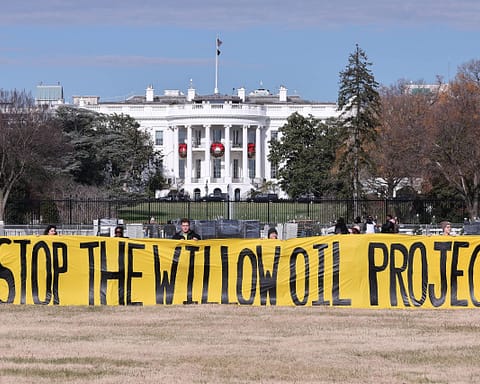LONDON (Parliament Politics Magazine) – In the Queen’s Speech, the government promised to improve the economy in order to combat substantial increases in the cost of living.
Boris Johnson, on the other hand, warned that the government would not be able to protect everyone from the impacts of global inflation.
To address the rising living cost, Labour has proposed measures such as a windfall tax on energy firms and an emergency budget.
The Queen’s Speech this year included 38 measures and draft bills.
The speech, delivered in the Queen’s absence by Prince Charles, allows the government to reveal its legislative agenda for the coming session. It contained laws on carbon emissions, energy security, and post-Brexit economic arrangements, among other matters.
One proposed bill seeks harsher sanctions for disruptive protest groups such as Insulate Britain and Extinction Rebellion.
The speech reaffirmed support for Ukraine and pledged to address regional disparity, trade unions criticised the lack of an Employment Bill aimed at improving rights of the workers.
The speech was delivered amid widespread worry about growing living costs, with the Bank of England predicting that inflation could reach 10% later this year.
Although none of the government’s proposed measures specifically address the issue, the prime minister stated that broader economic reforms would benefit households.
The political parties will debate the contents of the Queen’s Speech for several days.
Sir Keir Starmer, Labour’s leader, told MPs that this country had significant difficulties, but enormous opportunities were still within grasp. A current government that meets the expectations of the British people was required.
Sir Keir went on to say that the Queen’s Speech was a poor answer to the cost-of-living crisis, describing it as “bereft of ideas” and lacking a driving concept or a road map for delivery.
Mr Johnson responded saying that they couldn’t simply spend their way out of problems, no matter how great their commitment and compassion. They needed to create hundreds of thousands of high-wage, high-skilled jobs across the country to grow their economy out of those issues.
Ministers claim seven laws in the Queen’s Speech will assist in delivering the benefits of Brexit, while a Levelling Up and Regeneration Bill is set to reform England’s planning standards.
A Public Order Bill would make interfering with critical national infrastructure including railways, airports and printing presses. a criminal offence punishable by up to a year in prison. It would also be illegal to hinder important transportation projects like HS2.
The proposed reforms were dubbed “dangerous and draconian” by the Liberal Democrats, but Home Secretary Priti Patel said that they were necessary to deal with a self-indulgent minority who appear to revel in causing misery and mayhem.
The Energy Security Bill, according to the government, will “accelerate our transition to more secure, more affordable, and cleaner homegrown energy supplies.”
However, opposition parties focused on the cost of living, with Liberal Democrat leader Sir Ed Davey claiming that the Queen’s Speech will leave millions of people “bitterly dissatisfied.”
Ian Blackford, the SNP’s Westminster leader, accused the government of “deafening silence” over projected increases in poverty, saying they needed to provide badly needed support to put money into people’s pockets.






